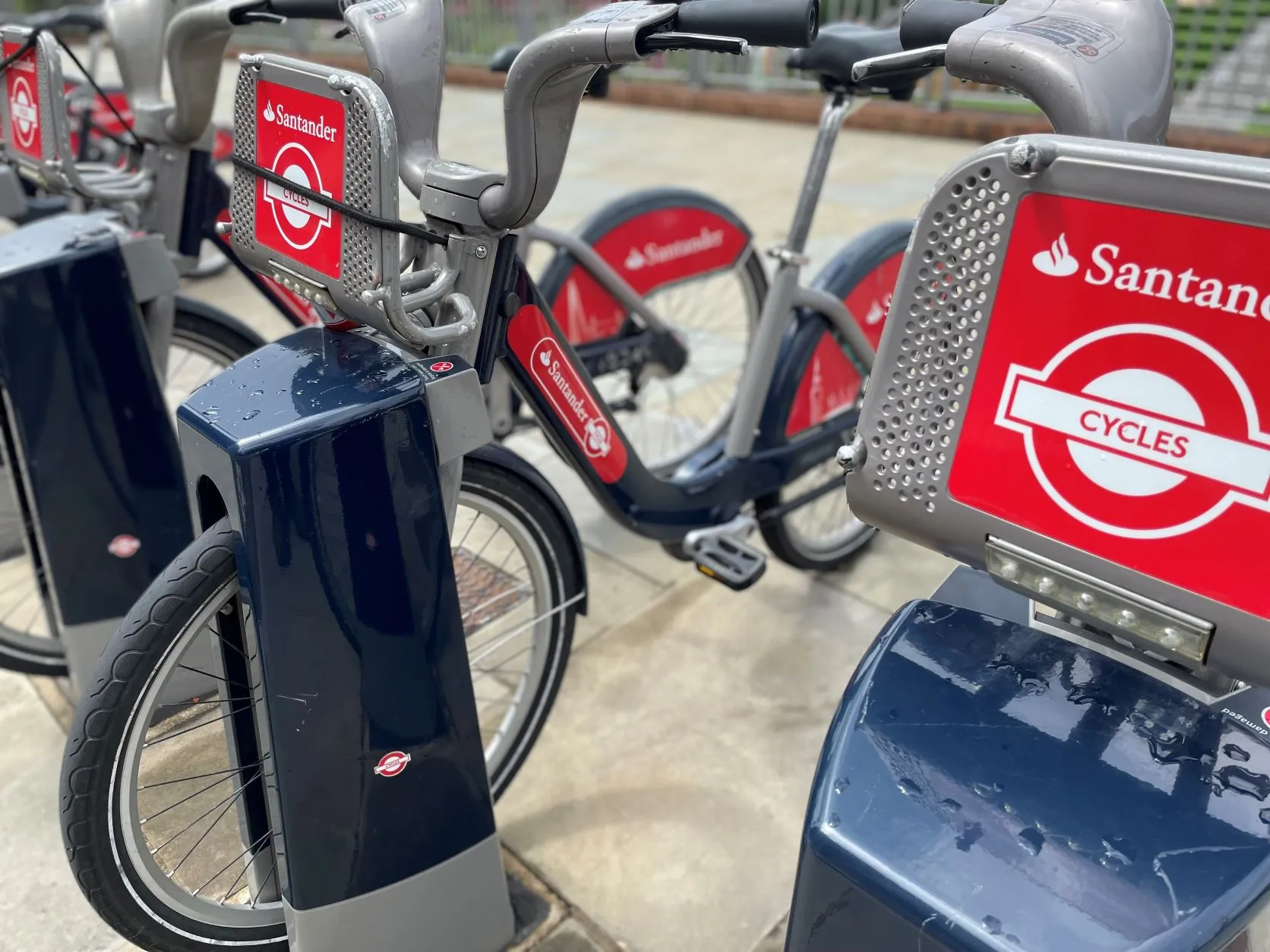The service was launched in Birmingham, UK, last week, to cover the West Midlands region, and has been running for two years in Helsinki, Finland. It is due to launch in Antwerp, Belgium, covering the Flanders area, shortly.
Pyyhtia says the company has been investigating possibilities for Whim in other UK cities as well as Berlin and Munich in Germany, Vienna in Austria, Montreal in Canada, and Singapore.
It models itself on mobile phone companies, offering consumers the use of buses, trams, trains, bikes, taxis and hire cars, depending on the package they choose.
In addition to pay-as-you-go, Whim offers monthly fees of £99 (for unlimited public transport with taxis and car hire) and £349 (unlimited public transport, all taxi rides within a three-mile radius of your location and up to 30 days’ car hire per month).
MaaS Global is initially looking to sign up 500 people to the scheme in Birmingham.
The company temporarily installs a three-storey house the size of a parking space at its launches, to illustrate to consumers what can be achieved when cars are removed from the streets.
MaaS app Whim ‘to cover 60 countries in next five years’
Whim, the Mobility as a Service (MaaS) app which gives users access to transport packages on a pay-as-you-go or monthly subscription basis, has announced ambitious growth plans. “Within the next five years, we want to cover 60 countries,” Whim co-founder Kaj Pyyhtia (pictured) told ITS International. At present Whim, which is owned by MaaS Global, is available in just two countries, but Pyyhtia insists the target is achievable. The service was launched in Birmingham, UK, last week, to cover the
April 9, 2018
Read time: 2 mins










